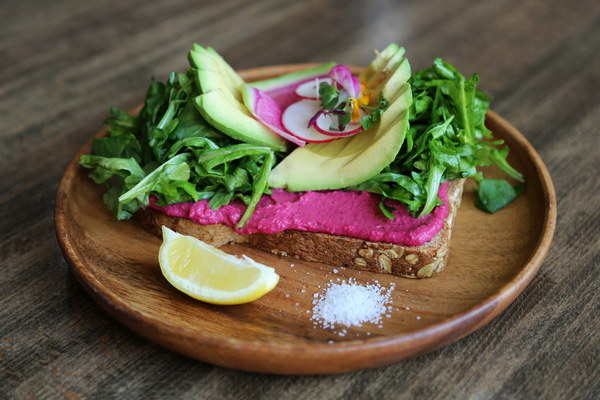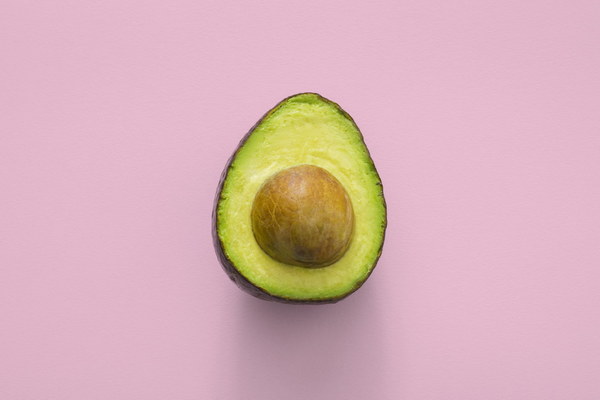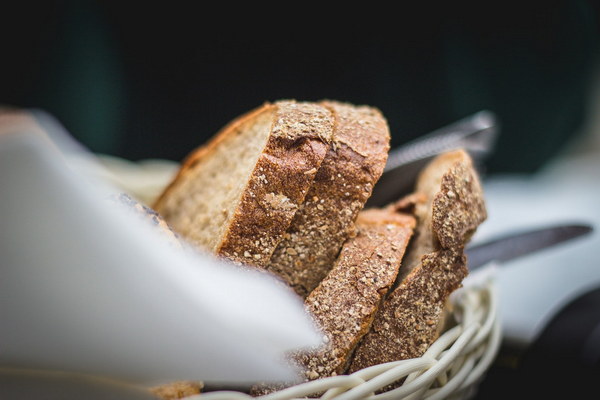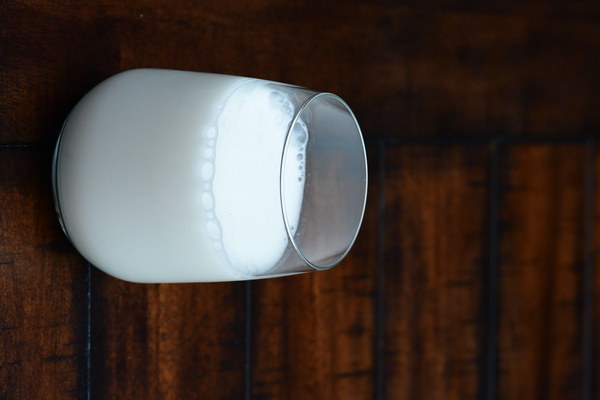Nourishing the Asthmatic Pregnant Woman A Comprehensive Guide to Dietary Supplements
Asthma, a chronic respiratory condition, can be challenging for expectant mothers to manage. However, maintaining a healthy and balanced diet can significantly improve the quality of life for both the mother and her baby. This article provides a comprehensive guide to dietary supplements and food choices that can help asthmatic pregnant women manage their condition effectively.
1. Fruits and Vegetables
A diet rich in fruits and vegetables is crucial for asthmatic pregnant women. These foods contain essential vitamins, minerals, and antioxidants that can help reduce inflammation and strengthen the immune system. Some recommended fruits and vegetables include:
- Berries: Blueberries, strawberries, and raspberries are high in antioxidants, which can help reduce airway inflammation.
- Leafy greens: Spinach, kale, and Swiss chard are excellent sources of vitamins A, C, and K, which can support lung function.
- Orange vegetables: Carrots, pumpkin, and sweet potatoes are high in beta-carotene, which may help reduce asthma symptoms.
- Cruciferous vegetables: Broccoli, cauliflower, and Brussels sprouts contain sulforaphane, a compound that can boost the immune system.
2. Whole Grains
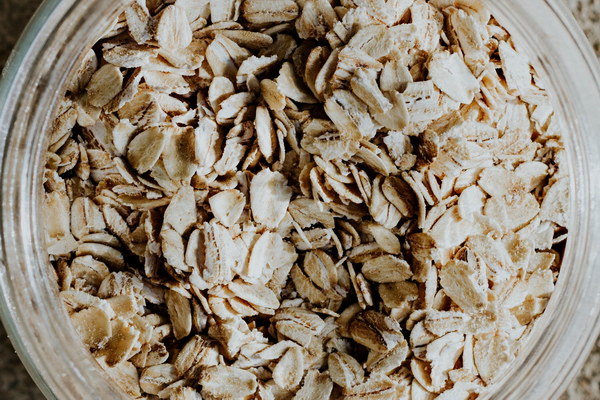
Whole grains, such as brown rice, oatmeal, and quinoa, are rich in fiber and B vitamins, which can help regulate blood sugar levels and improve energy levels. These nutrients also support a healthy gut microbiome, which can play a role in reducing asthma symptoms.
3. Healthy Fats
Healthy fats, such as those found in avocados, nuts, and seeds, can help reduce inflammation and improve lung function. Omega-3 fatty acids, found in fatty fish like salmon, mackerel, and sardines, are particularly beneficial for asthmatic pregnant women.
4. Dairy and Dairy Alternatives
Dairy products, such as milk, cheese, and yogurt, are good sources of calcium and vitamin D, which can help maintain strong bones and support respiratory health. For those with lactose intolerance or dairy allergies, dairy alternatives like almond milk, soy milk, and oat milk are suitable options.
5. Herbs and Spices
Herbs and spices can add flavor to meals and offer additional health benefits. Some herbs and spices that may help manage asthma symptoms include:
- Turmeric: This spice contains curcumin, a compound with anti-inflammatory properties.
- Garlic: Garlic has been shown to have anti-inflammatory effects and may help reduce asthma symptoms.
- Ginger: Ginger can help with digestion and may also have anti-inflammatory properties.
6. Foods to Avoid
Some foods can trigger asthma symptoms or exacerbate existing conditions. It's essential for asthmatic pregnant women to avoid or minimize the following foods:
- Citrus fruits: Oranges, grapefruits, and other citrus fruits can trigger asthma symptoms in some individuals.
- Nuts and shellfish: These foods can cause severe allergic reactions in individuals with nut or seafood allergies.
- Processed foods: High levels of sodium and preservatives found in processed foods can exacerbate asthma symptoms.
7. Dietary Supplements
In addition to a healthy diet, asthmatic pregnant women may benefit from certain dietary supplements:
- Vitamin D: This nutrient can help regulate the immune system and reduce asthma symptoms.
- Magnesium: Magnesium may help improve lung function and reduce asthma symptoms.
- Probiotics: Probiotics can help maintain a healthy gut microbiome and support immune function.
In conclusion, asthmatic pregnant women can manage their condition by focusing on a balanced diet that includes a variety of fruits, vegetables, whole grains, healthy fats, and dairy products. Additionally, avoiding certain foods and incorporating dietary supplements can further improve their respiratory health. It's always best to consult with a healthcare professional before making significant changes to your diet or starting any new supplement regimen during pregnancy.

